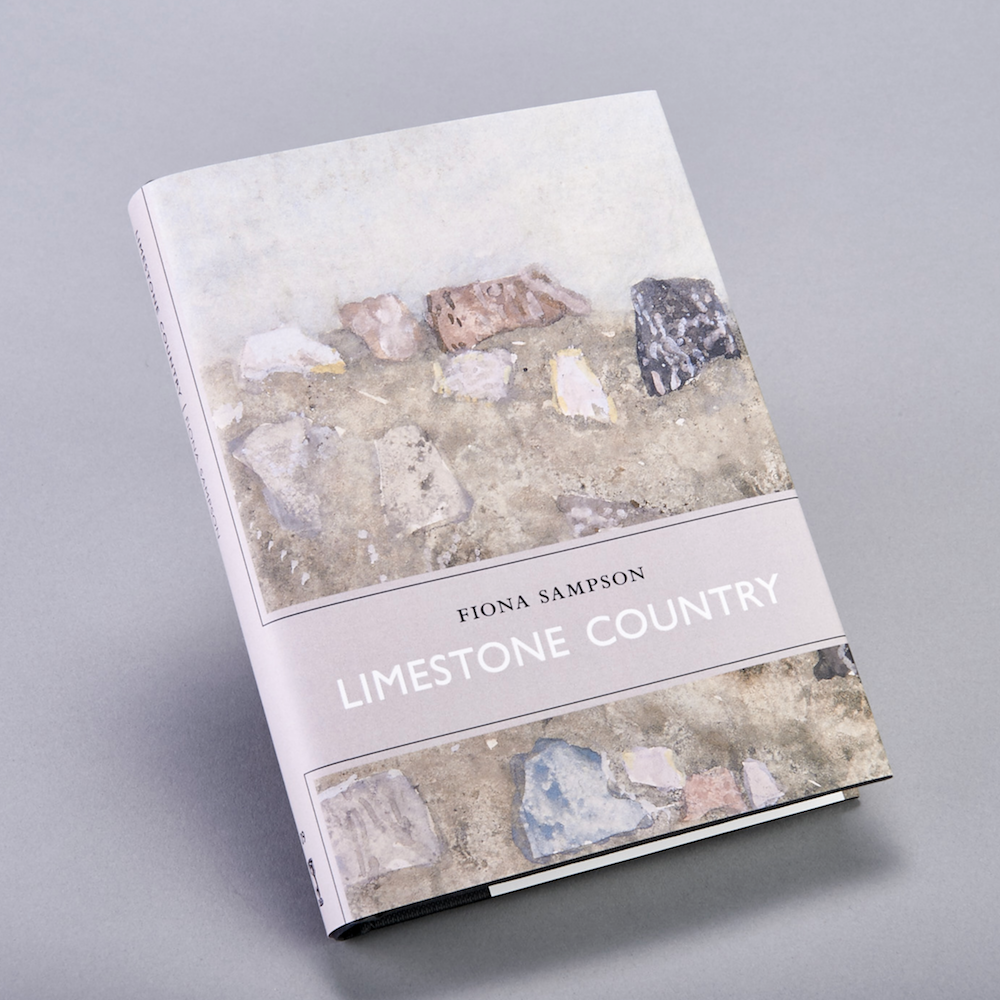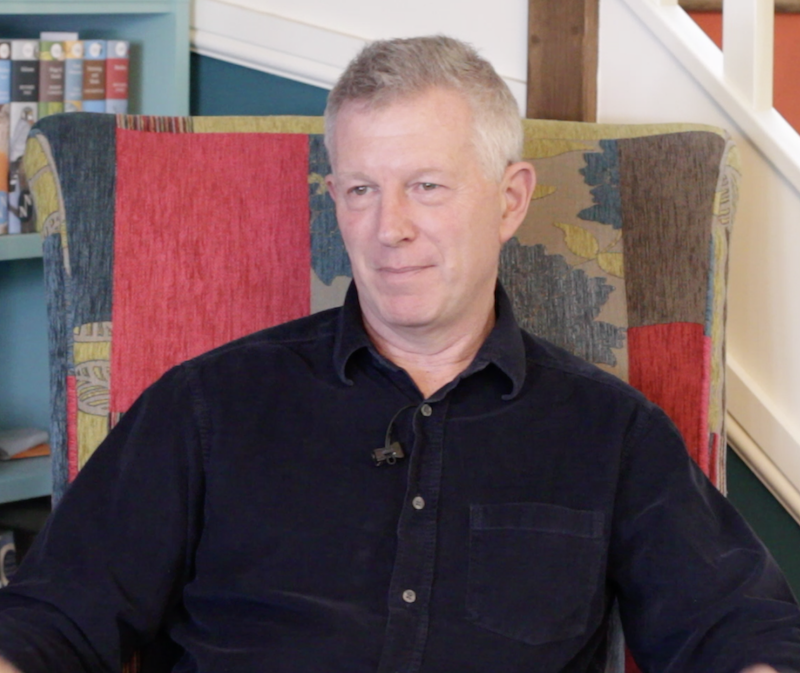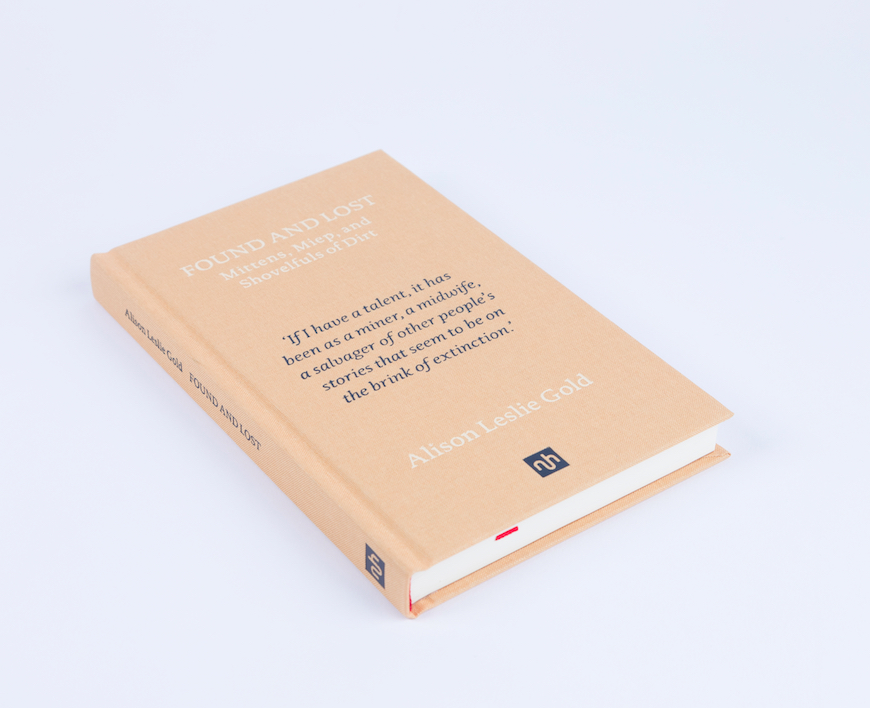Fiona Sampson on Limestone Country
W H Auden wrote: when I try to imagine a faultless love Or the life to come, what I hear is the murmur Of underground streams, but what I see is a limestone landscape Fiona Sampson too hears the murmur of underground streams. She describes at the start of her recent book Limestone Country the shock, the epiphany, of realising that most of her favourite places were made from, and in and on, limestone: a cottage in West Oxfordshire; a hamlet in Périgord in southern France; the Karst region of western Slovenia; the city of Jerusalem. She writes: ‘Really living in these landscapes means paying radical attention to how they behave. It means knowing their wildlife as well as ways of farming, observing how water and vegetation respond to the mineral facts of rock and soil as much as how humans live in and with them.’ Responding ‘to the mineral facts’ – that might be a good way of thinking about her book. When I met Fiona earlier this year, I was keen to hear …



